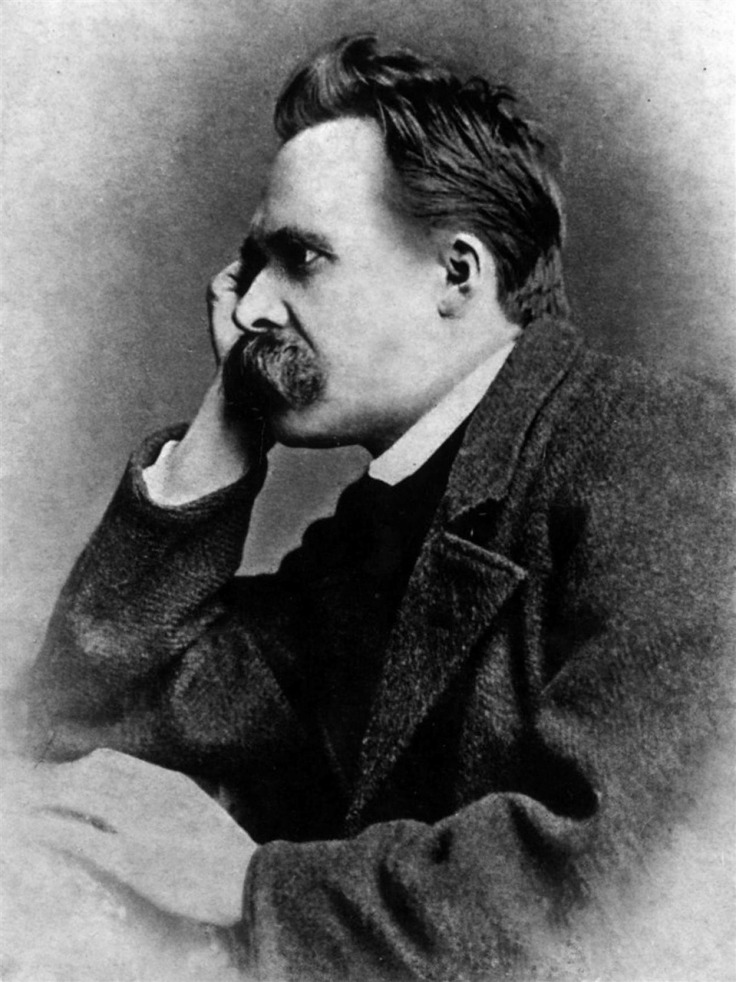
If we are to believe Shakespeare’s dictum that the pen is mightier than the sword then Friedrich Nietzsche wields Excalibur. He writes with a passion that few have matched. One of the areas where Nietzsche most excels at evisceration is morality. He details two kinds of morality, master and slave. In order to understand slave morality one must understand master morality.
For Nietzsche, master morality is differentiated from slave morality in that “The master morality equates ‘good’ to worldly success: achieving one’s goals of conquest, fame, wealth, and adventure, and embodying pride, strength, passion, and guiltless joy.” (Belliotti 45) In other words, master morality does not divide along lines of good and evil. The masters are aristocracy that sees the good in the actions that bring about prosperity. This form of morality takes the word ‘good” to mean something akin to ‘noble’ (Nietzsche, 1998). Conversely, the word ‘bad’ according to Nietzsche does not mean evil in the sense that commoners use the word. In modern parlance, the aristocracy does not look down upon looking down at someone so long as they are lower in class. Fully functioning master morality is ‘ex-lex’ with respect to the plebeian.
Slave morality on the other hand is a “morality of utility” (Nietzsche, 1998). This means that the virtues of the slaves are essentially those that help them endure the oppression of the masters. For the oppressed warm- heartedness, kindness, pity, and charity, represents an existential pacifier. These virtues are quite repulsive to the masters and ruled vices by those in power. The hallmark of the slave morality is an unrequited distrust of the aristocracy and all that those in power hold in high regard. The slave even goes so far as to convince himself that “even their happiness is not genuine” (Nietzsche, 1998). The slave does not believe that those things, which the powerful hold in high regard, are actually virtuous. As Nietzsche says the slave, even calls into question the supposed happiness of powerful. The oppressed do not want to believe that the oppressors can live peaceably in the context of their being masters.
Nietzsche’s parade of horribles begins with a reversal of the Christian fruits of the spirit and ends with freedom. He writes, “The longing for freedom, an instinct for the happiness and nuances of feeling free, is as necessarily a part of the slave morals and morality as artistic, rapturous reverence and devotion invariably signal an aristocratic mentality and judgement” (Nietzsche, 1998). The slave only retains a desire for freedom due to living under the oppression of the aristocracy. This desire for freedom is a desire to be in some way free of the oppressive conditions and finds its counterpart in the expression of reverence and devotion among the masters.
Nietzsche certainly seems to prefer the master morality to the slave morality. He worries that the slave morality tends toward “dogmatism and universalism, which deny the rank order among humans and undermine social conditions necessary for excellence.” (Belliotti, 1998) This means that the herd looks for a common expression of unity like those found in religions like Christianity. Nietzsche says this has a stifling affect on humans who would look to find their own way in the absence of a dogma. Additionally, Nietzsche believed that the herd would become brutes more concerned with being clever and eventually the herd would be more clever than their masters.
The slave morality is the morality of the common member of the herd. At bottom, a utility morality is an ointment of gentleness and respect designed to soothe the psyche of the oppressed. Slave morality is a revolting proposition and a despicable lot to the masters. The morality of fear that posits good and evil and according to Nietzsche slave morality is a morality we should strive to overcome.
Works Cited
Bellioti, R. (1998 ). Stalking Nietzsche . Westport : Greenwood Press.
Nietzsche, F. (1998). Beyond Good and Evil . New York :
Oxford University Press .
Leave a comment